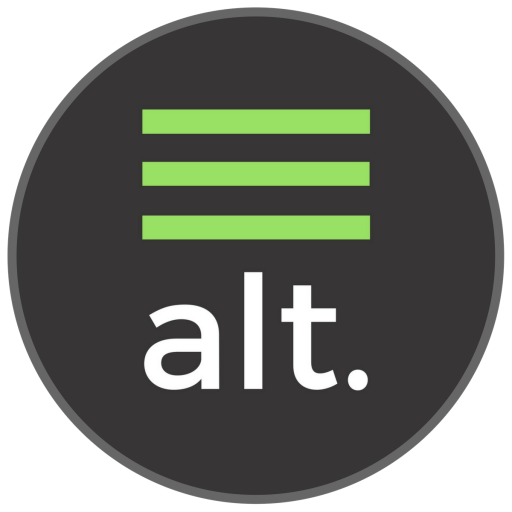Building climate resilience
Here are crucial information resources for building climate resilience in South Africa.
The South African Weather Service (SAWS) is a Section 3(a) public entity under the Department of Forestry, Fisheries, and Environment. It is an authoritative voice for weather and climate forecasting in South Africa and as a member of the World Meteorological Organization it complies with international meteorological standards.
The home site provides conditions for locations across South Africa, including extreme weather alerts. The weather warning and advisory map shows alerts for veld fires, severe thunderstorms, and high wind events by location along with impact times (start and end of event). Other national mapping tools that are publicly available for response planning:
A colour-coded Fire Danger Map
A Marine Portal with forecasts of various deep sea and coastal ocean conditions; this includes daily storm surges (major drivers of coastal flooding) and summary forecasts for coastal areas.
Operator / Owner: South African Weather Service; Department of Forestry, Fisheries, and Environment; Council for Scientific and Industrial Research
User Notes
- Archived data which can be purchased consists of daily rainfall values, daily surface observations, hourly data for wind factors, marine data, and forecasting data (satellite and radar).
- The Climate database includes: historical rain maps, recent climate records, synoptic charts, annual state of the climate, a drought monitoring desk, and the Climate Change Reference Atlas launched in 2017.
- See the Seasonal Climate Watch publication.
Training Material (Yes/No):
Yes. Weather Awareness Brochures and Climate Change information is available under Frequently Asked Questions.
This online resource guide is part of exploratory research by ALT Advisory on the intersection of access to information and South Africa’s Just Energy Transition. It has been developed in partnership with the African Climate Foundation’s New Economy Hub. Learn more here.

